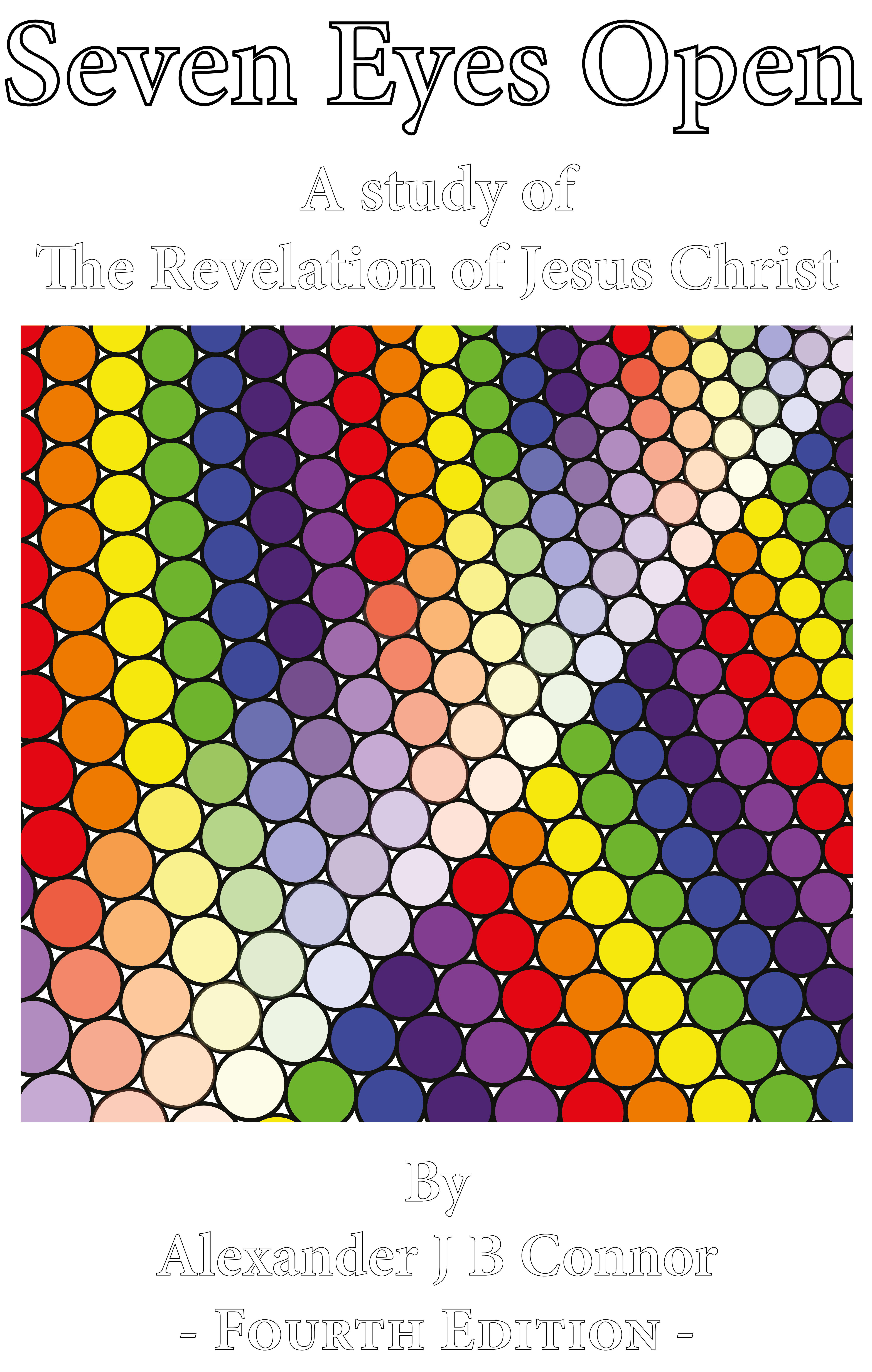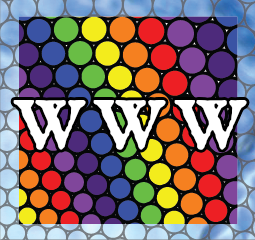Introduction
In this section we begin to state the ontological arguments for the existence of God - In some manner these "proofs" have fallen out of favour, yet there is a distinct sense in which they may all be defended.
We begin to state these arguments without explaining the methods of proof commonly used by the axiomatic method: I would hope that these proofs will become self-attesting to that method as much as the method is itself, which would require no fallacy of equivocation. However objections along that same line are the very reason the arguments have fallen out of popular favour.
Anselm's Argument
The metaphysics section begins with the most well known (and my favourite) ontological argument for the existence of God. Anselm's argument is truly a classic. St. Anselm was an Archbishop of Canterbury and is perhaps best known to theists the world over for his proof. However, many objections exist to Anselm's method: It is a hotly contested subject and although the argument has fallen out of favour, I am happy to present it on this site.
Hartshorne's Modal Proof
Charles Hartshorne's modal proof is taken from his book "The Logic Of Perfection and Other Essays" in which you will also find his "omnibus proof" as well as his argument on the "ten points of contingency". In the book he defends his modal proof and the principle of Anselm's argument, that if God exists, then He does so necessarily. The modal operators are used in this proof, and the concepts of necessity and possibility are left undefined, though they are employed in a manner (intuitively enough) so as not to confuse the reader.
Godel's Ontological Argument
Gödel's ontological or modal proof is the most complicated of the metaphysics section. I include it because there is a distinct sense of perfection and a definition for positive properties that do not "private" (deprive) the concept of God as a consistent collection of positive existential statements. Such positive statements are good to apply to "God" but their logical conjunction, or "essence" is for them to be found in an existent God, thus their unifying or "conjunctive" statement is actually, found in the one common "good" or "positive statement" the same "existence" of God that necessitates the presence of all the others.
Decartes' Ontological Argument
Descartes ontological proof itself seems to escape the reader on the first read through his writing. It almost seem to accomplish nothing at all, but it is actually close to Gödel's argument because Descartes implies that God is a well founded concept that is as well formed in abstraction as would be any other pure concept of abstraction that may be actually realised or thought to exist. We give an example which describes an interpretation of that which he was inferring.
Pascal's Wager
Pascal's wager is often taken to infer that it is better to believe in God on the offchance He does indeed exist: that you have much to gain and nothing to lose if you are wrong. If God does not in truth exist then it may be true that you have engaged in something that you may have found worthwhile, (faith). In a toss of a coin, Pascal wagers that the believer gains from the existence of God. In this sense we consider faith "positive" if it is actually well founded.
Proof From All Possible Worlds
Plantinga's ontological argument "from possible worlds" is very appealing, it gave me a big shot of dopamine when I first read it. Upon reflection I actually found this to be a rather beguiling proof for reasons I present along with it. The argument is formed on the basis of all possible worlds: or perhaps, all imaginable worlds is a better description.
Existence Is A Predicate
There is a good counter argument for the objection to the ontological arguments that existence not a predicate. Gödel found that the existence of God is fundamentally an essence to his being, inseparable from God's nature, as a positive property. Here, I draw the distinction that necessary existence indeed makes a decisive difference.
Continue To Next Section
Continue To Next Page |





